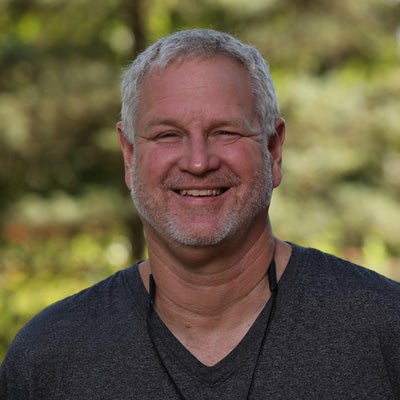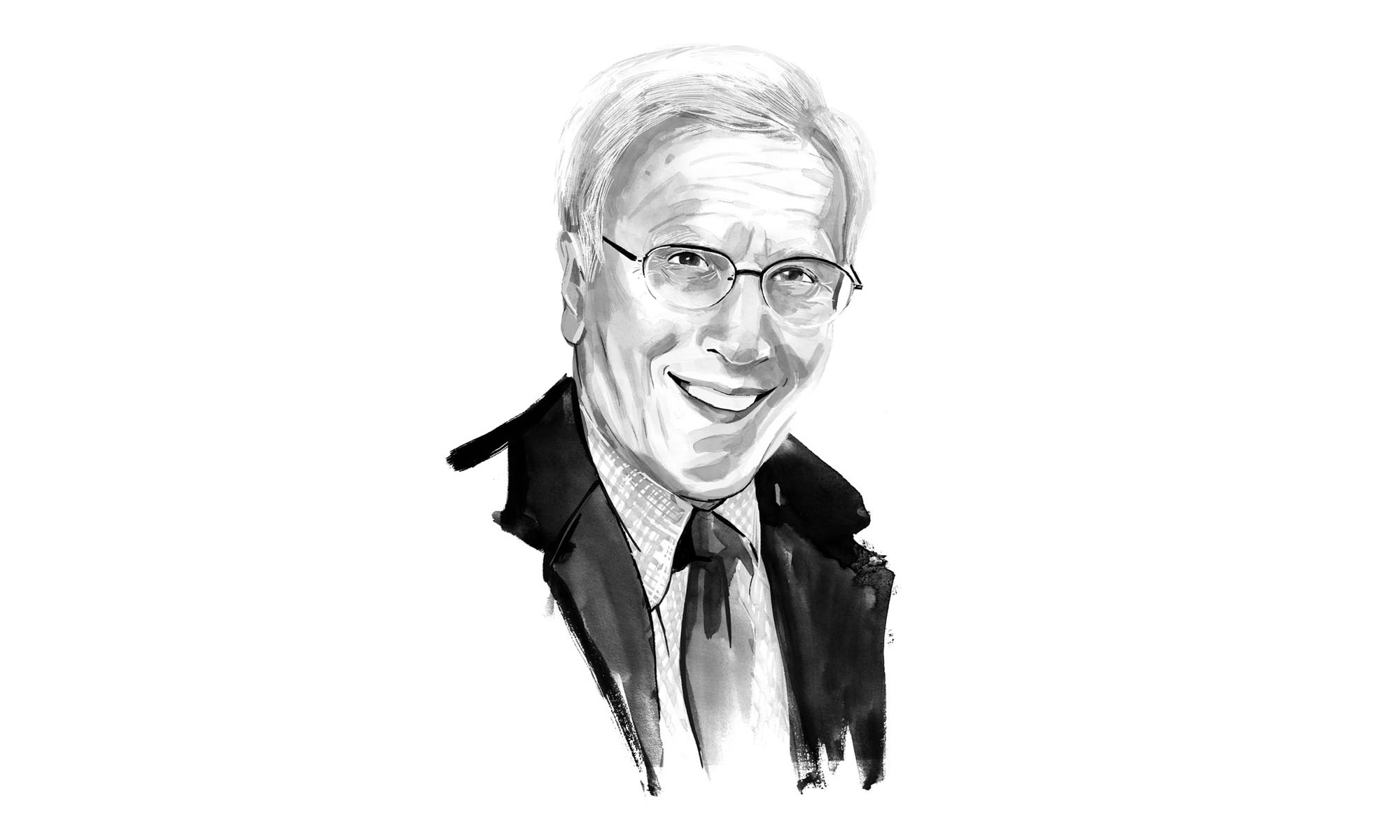Religion professor David O. Woodyard ’54, whose connection to Denison spanned 13 U.S. presidents and whose devotion to his alma mater and its students saw him work into his 90s, died on March 27, 2025, at 92.
In a career mostly identified with theology and filled with teaching accolades, Woodyard prided himself on being a good listener – someone willing to help students regardless of their beliefs.
After his death, professor Christine Pae, chair of the religion department, kept his Knapp Hall office door open to visitors. Students have dropped by, some bearing flowers, to pay their respects.
“He taught theology, but what he really taught was how to care for other people,” said Anna Cohen ’25, who served as Woodyard’s teaching assistant. “He absolutely loved what he did, and when you walked into his office you could feel that love.”
A wall inside Woodyard’s office is festooned with photos of former students — some of whose marriages he officiated in Swasey Chapel. He proposed to his college sweetheart, Joanne Adamson Woodyard ’55, outside the iconic chapel after she graduated. The couple was married for 70 years, adopting two daughters, Kim and Sara.
Woodyard earned his master of divinity at Union Theological Seminary in 1958 and served a church at the University of Connecticut. Two years later, he jumped at the chance to teach and work as dean of the chapel at Denison.
When Woodyard returned to his alma mater, Dwight Eisenhower was the U.S. president and The Beatles were still known as Johnny and the Moondogs. Andrew Pincus ’10 said of Woodyard’s longevity, “He’s been on campus longer than many of the buildings.”
Pincus, an economics and religion double major, graduated during Woodard’s 50th year of service to Denison. His senior project involved reaching out to alumni, asking if they would write letters about Woodyard’s impact, which he and others turned into a book. He received 285 responses.
“Commenting on his role as a college professor, student after student from every social, political, religious, and economic background all say that he truly loved his students and that he transformed their lives,” associate professor emeritus John Jackson said. “What they valued most was David’s ability to introduce them to new, often alien intellectual perspectives while at the same time affirming their own sense of self.”
Woodyard’s first decade on campus was a turbulent one in American history. In 1968, he was among 30 professors who boycotted classes in support of Black students in their effort to increase their cohort, hire more Black faculty, and establish a place where they could socialize comfortably. A decade later, he hired emerita professor Joan Novak, who added feminist theology to the curriculum and helped grow interest in the major.
The longtime department chair and the professors he recruited to Denison expanded the traditional parameters of the program. It now boasts 35 students who are either a religion major or minor.
Woodyard, who authored 10 books exploring questions of human identity, social justice, and theological reflection, was inspired at an early age by his family’s minister who helped him overcome the loss of his father and Denison trustee, Wilfred C. Woodyard ’16. David and Joanne established a scholarship in his parents’ names that supports financial aid for students.
Pincus, who considered Woodyard “a surrogate grandfather on campus,” said the professor would make phone calls, write letters, and set up alumni connections on students’ behalf.
In the classroom, Woodyard served them best by challenging their preconceptions. Kim Coplin ’85, Denison provost and associate professor, recalled Woodyard getting her to think differently about theology and religion. She valued his wisdom as a teacher and his support as a colleague when she returned to Denison as a faculty member in the physics department.
“In one of my last meetings with him, I pulled out a handwritten note he had written to me in December 1981 to let him know how much that small act meant to me as an 18-year-old,” Coplin said. “He smiled and laughed as we remembered together, but then he jokingly said, ‘I want you to know you weren’t the only one who received a handwritten note from me.’”


